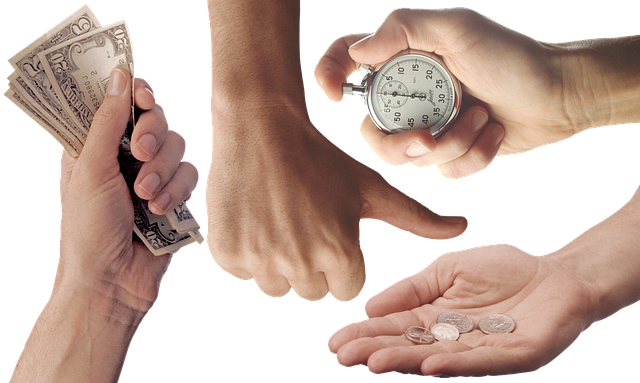It’s as simple as that. You need good cash flow to run your business smoothly. After all, you need money on hand to make payroll, pay taxes, or pay bills. Thus, knowing how to improve cash flow for better business performance is important.
Positive impacts of having good cash flow
Certainly, it is great if you can back up your business being profitable on paper with a positive cash flow. Here are other benefits of having good cash flow.
- Running your business is less stressful
- You gain some financial breathing space.
- Your business has stronger future footing.
- Profits come in a lot faster.
- You meet your business goals more quickly.
- You are better able to lower operating expenses.
How to improve cash flow for better business performance
Analyze and optimize your strategy on cash flows
First, you can gain a good understanding of your cash flow. In other words, get a good idea of every transaction coming in or going out of your business.

Besides, you can gain a better understanding of overall business health and finance. You could make use of cash flow management software. It could even help you out with cash flow forecasts.
Negotiate terms to reduce customer debts
Second, you should negotiate payment terms properly. When majority of your customers pay you on time, you build positive cash flow. However, if they default on timely payments, your account receivables tend to build. In turn, you start having negative cash flow shortage.
Thus, it is worthwhile to negotiate terms such that your clients pay within the payment deadline. You may even negotiate for partial deposits at the start.
Furthermore, you may send out reminders when payment is due. Likewise, there are great invoice management and accounting software out there. Use them to automate payment processes.
Give early payment discounts and incentives
Third, it can be effective to offer discounts with early payment. Similarly, you could give discounts on future orders. Remember to mention your incentives in your invoice. This way, your customers can see it and become motivated.

Conversely, you could add late payment fees as a way to reduce the risk of unpaid invoices. Again, make the late payment penalty clear on customer contracts and first invoices.
Check your terms for cash outflows
Furthermore, you can examine you’re the terms for accounts payable (cash outflows). See if you can hold off a bit on payment when your bill comes in. this can help prevent cash shortages. In the same vein, you could negotiate with vendors for longer payment terms.
Alternatively, check for possible early payment discounts. This can be useful for when you have ample cash. Ultimately, you boost your profit margins.
Be more cost-efficient

In addition, you can analyze your business expenses. Those little purchases can add up to quite the drain on your cash flow. See if you could cut certain unnecessary spending.
For example, there may be extra office spaces you could do without. Similarly, you could use a year-round approach when thinking about expenses. There may be times of the year when some costly expenses may be reduced.
Moreover, there may be certain business functions you could outsource. For example, it may be more cost-effective to outsource marketing functions than retaining a full department.
Finally, you could simply renegotiate your existing service contracts. Perhaps, you can do this periodically. Check out your internet bills, phone bills, and other bills. See if you could save costs by getting better deals.
Summing it up
Knowing how to improve cash flow for better business performance is fundamental. It can determine business failure or success.





